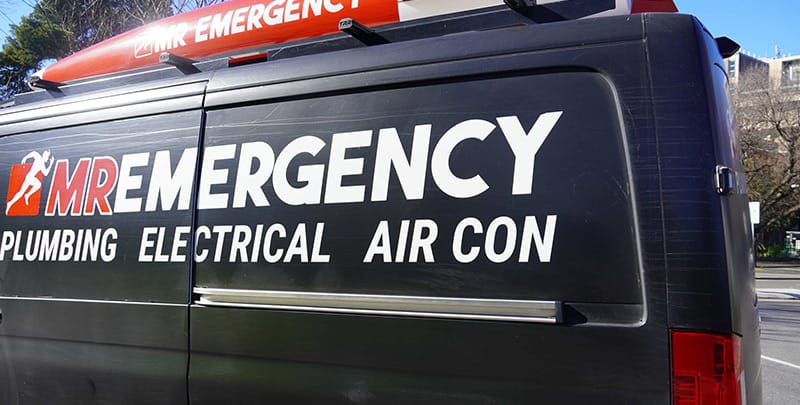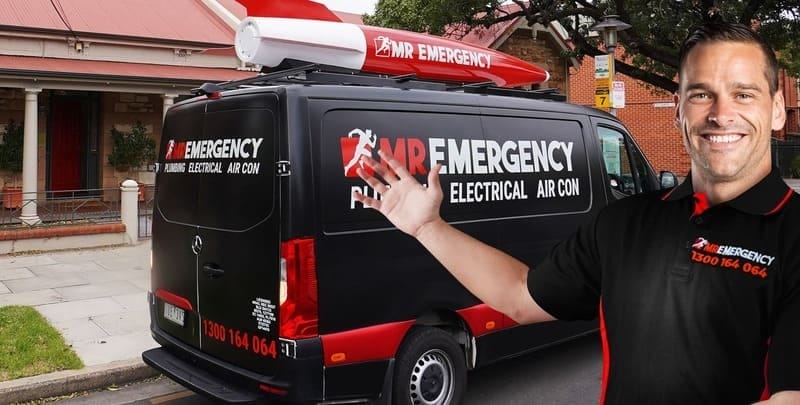
Keep Your Home and Family Safe
Like many household hazards, the most common causes of electrical fires are right under your nose. And though electrical fires are bad news, the good news is that you can prevent many of their common causes with the right precautions.
Knowing the risks in your home’s electrical system is key to keeping your family and home safe. Whether you’re using space heaters in winter or plugging in too many devices at once, it doesn’t take much for potential fire hazards to really make themselves known.
Making electrical safety a top priority at home goes a long way towards preventing electrical fires. Here are 5 common reasons why they occur and what to do about them.
1. Old or Faulty Electrical Wires
One of the most common causes of electrical fires is faulty or outdated wiring or electrical systems. Old or damaged wiring can easily overheat, spark or short circuit. This becomes especially true if you’ve not had an electrical safety upgrade at home in years.
Obvious warning signs of a lurking fire hazard to keep an eye out for include:
- Flickering lights
- Frequent circuit breaker trips
- A noticeable burning smell
Whatever you do, do not ignore these telling indicators of a potential electrical fire safety risk. Call a licensed electrician ASAP. Frayed cords, cracked insulation and exposed wires are all major risks.
If your home still has an old fuse box or aluminium wiring, it’s time to act. Get a licensed emergency electrician to inspect your system and nip this potential electrical fire safety hazard in the bud before it causes all kinds of trouble.
2. Overloaded Circuits and Power Strips
Overloaded circuits and power strips are a leading cause of electrical fires, particularly in homes full of modern gadgets and devices.
Plugging too many electrical appliances into one wall outlet or extension cord can really stretch the limits of your electrical system as a whole. This can result in overheating, damage to electrical components and even fire. Power strips without internal overload protection or surge protection safety provide little defence against surges or excessive current.
So what should you do and NOT do? Don’t daisy chain extension cords and never plug high-wattage appliances into the same outlet. Be on the lookout for hot plugs, tripped circuit breakers or buzzing sounds. These are all common warning signs telling you to reduce the load.
3. Damaged or Faulty Electrical Outlets
Damaged or faulty outlets are a major fire hazard, but one that many of us tend to overlook. Signs of trouble to keep an eye out for are:
- Loose power points
- Scorch marks
- Sparks when plugging in devices
Over time outlets can wear out, become loose or develop internal damage that causes electrical arcing—among the many common causes of most electrical fires. If you see discolouration, detect a burning smell or feel heat coming from a power point, it’s time to act. Avoid using damaged electrical cords or force plugs into outlets that don’t fit.
All in all, replacing wall outlets that show clear signs of wear is the best way to keep your home safe.

4. Misused or Unsafe Electrical Appliances
Misused or unsafe electrical appliances can quickly become fire hazards – even more so if you leave them unattended or close to flammable materials.
Older appliances or electrical equipment with damaged cords, faulty switches or exposed wires are high on the risk scale and therefore something you should replace immediately. Coil and electric space heaters are also common offenders. Never leave them running while you sleep and always keep them clear of curtains, bedding or other combustible materials.
Always plug large appliances like ovens, washing machines and fridges directly into a wall outlet rather than into an extension cord or power strip.
5. Light Fixtures and Incorrect Bulb Usage
Light fixtures and incorrect bulb usage are often overlooked but can be a real fire risk in and around the home.
Using a light bulb with a higher wattage than a fixture is rated for can cause overheating and potentially lead to an electrical fire. Always check the maximum recommended bulb wattage and don’t try to jam bulbs into fixtures not designed for them.
When you’re setting up lamps or light fixtures in a room, be mindful to avoid placing them near flammable materials like curtains, paper or fabric furniture. Damaged fixtures or loose wiring inside lighting fixtures can also spark trouble.
To prevent electrical fires, examine your light fixtures regularly and replace any damaged electrical components.

Always Use a Licensed Electrician
When it comes to electrical work in and around the house, always leave it to a licensed electrician. Cutting corners by taking the DIY route can have big consequences and is among the most common causes of electrical fires.
A licensed electrician is suitably trained and experienced to safely handle your home’s electrical system. They can tackle everything from replacing power points to upgrading circuit breakers or installing ground fault circuit interrupters. Attempting DIY repairs or hiring an unqualified person can increase the risk of:
- electric shock
- fire hazards
- damage to electrical components
Regular maintenance and servicing by a qualified electrician can catch problems early and ensure all work meets Australian Standards AS/NZS 3000 (Wiring Rules). So whether you’re dealing with flickering lights or planning a major upgrade, professional support is a must for keeping your home safe and preventing electrical fires.
Fire Safety Tips: How to Prevent Electrical Fires
Preventing electrical fires starts with a few simple but important habits around the home. Be aware of the warning signs and keep your electrical system in good condition.
- Install and test smoke alarms and smoke detectors on every level of your home.
- Keep flammable materials away from heaters, light fixtures and appliances.
- Don’t run extension cords under rugs or through doorways.
- Don’t overload power strips or plug too many devices into one outlet.
- Use tamper-resistant electrical outlets if you have children.
- Replace damaged extension cords and frayed electrical cords immediately.
- Have a fire extinguisher and fire blanket in high-risk areas like the kitchen or laundry.
- Have a licensed electrician do regular electrical maintenance and inspections.
By following these tips you can reduce fire risks and protect your home from electrical fires.
Stay Safe and Stop Fires Before They Start
The most common causes of electrical fires tend to strike when you least expect them. Thankfully, you can prevent most from wreaking havoc on your home and family with some awareness and care.
From faulty wiring and damaged power points to overloaded circuits and misused appliances, the most common causes of electrical fires are right in front of us. Keep your senses primed for early warning signs such as flickering lights or burning smells and you can get on top of the problem before a fire starts.
Regular electrical maintenance by a licensed electrician is one of the most effective ways to prevent fires and protect your home. Combine that with smart safety measures and you’ll have your best shot at reducing electrical hazards and potential fire damage.
Please note: Thanks for reading our blog “5 Most Common Causes of Electrical Fires and How To Prevent Them”. This information is provided for advice purposes only. Regulations differ from state to state, so please consult your local authorities or an industry professional before proceeding with any work. See our Terms & Conditions here.


